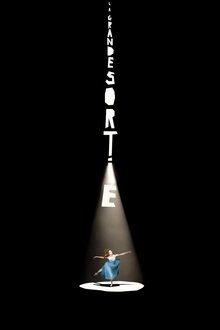Four years after a military coup overthrew the Brazilian government in 1964, all civil rights were suspended and torture became a systematic practice. Using a mix of fiction and documentary this extraordinary film is a searing record of personal memory, political repression and the will to survive. Interviews with eight women who were political prisoners during the military dictatorship are framed by the fantasies and imaginings of an anonymous character, portrayed by actress Irene Ravache.
Related Movies
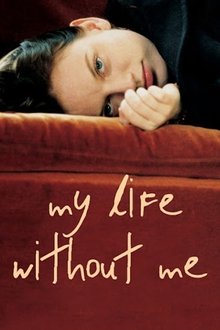
My Life Without Me (2003)
A fatally ill mother with only two months to live creates a list of things she wants to do before she dies without telling her family of her illness.
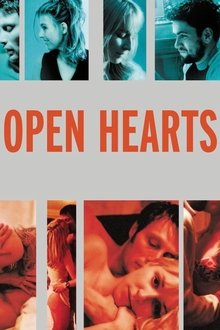
Open Hearts (2002)
Cecilie and Joachim are about to get married when a freak car accident leaves Joachim disabled, throwing their lives into a spin. The driver of the other car, Marie, and her family don’t get off lightly, either. Her husband Niels works in the hospital where he meets Cecilie and falls madly in love with her.
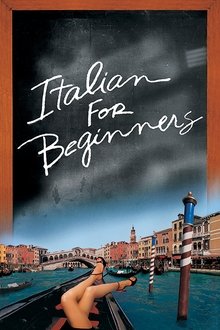
Italian for Beginners (2000)
Several lonely hearts in a semi-provincial suburb of a town in Denmark use a beginner's course in Italian as the platform to meet the romance of their lives. The film, which unspools the connections and family drama shared between the students, complies with several aesthetic principles of Dogme 95 movement.
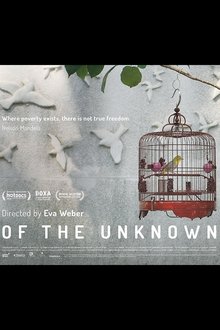
Of the Unknown (2014)
A short visual meditation, OF THE UNKNOWN is set in Hong Kong where millionaires and the ‘working poor’ live side by side in one of Asia’s wealthiest and most densely populated cities. The film explores how our notions of freedom and happiness are shaped by the place we occupy, both literally and metaphorically, in our society. What is the importance of freedom when one faces a daily struggle for survival? Is it even possible to have dreams, or to dream, if one was never given any opportunities in life? https://vimeo.com/113548756
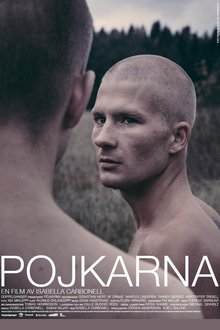
Boys (2015)
Markus is in an institution for young sex offenders. He is a shy boy whose face tells wordless stories. There is no physical proximity at the institution, so the inmates wrestle. It is a place where skinlessness quivers in the air. Markus's only friend in the institution is the wayward, violent Tobias. Markus's trial approaches, and then Tobias will find out why Markus has been locked up.
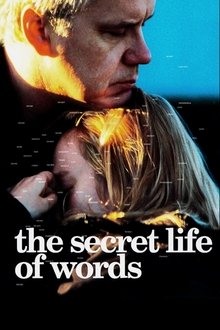
The Secret Life of Words (2005)
A solitary nurse bonds with a badly burned patient who survived an accident on an oil rig.
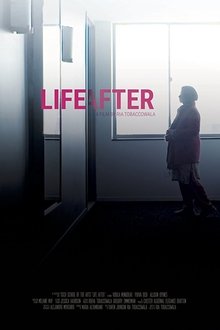
Life After (2017)
Based in New York City, “Life After” is about Nisha, a single mother and Indian immigrant living in Queens. After her only child, Zara, passes away unexpectedly, Nisha decides to learn about her daughter’s life in Manhattan. Out of her element, Nisha is forced to examine parts of who her daughter was that she had tried to ignore. Most significantly, Zara’s sexual orientation. Only through meeting her daughter’s partner, does Nisha finally begin to grieve the loss of her child.
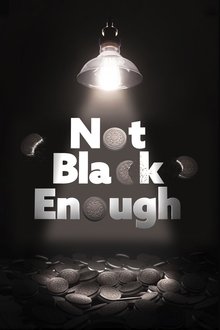
Not Black Enough (2017)
A deep look at the class warfare and the contradictions that African-Americans face within their own community when many of them are ostracized because they are “not black enough.” An analysis of the reasons behind these absurd acts of hatred.

Far from the Tree (2019)
Parents of children who have Down syndrome, dwarfism or autism share intimate stories of the challenges they face. Tracing their joys, challenges, tragedies, and triumphs.
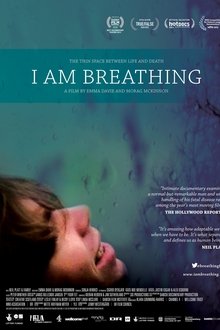
I Am Breathing (2013)
Breathing is about the thin space between life and death. 34-year-old Neil Platt plans his own funeral, muses about the meaning of life and the impossibility of terminating a mobile phone contract. With 5 months left to live, and paralyzed from the neck down by Motor Neurone Disease, he ponders how to communicate about his life in a letter for his baby son. How can he anticipate what he might want to know about his father in a future he can only imagine?

The Tightrope (2009)
Marce, his wife Adriana, his two sons, Mario and Jacqueline, and groom it, Carmelo, are the only members of Aztlan Circus, who wanders through the villages of Texcoco, north of Mexico City. The tightrope is the history of resistance in this family that persists in taking forward an old-fashioned circus because she is convinced of the importance of his art.
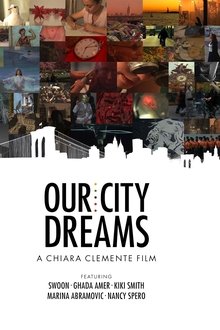
Our City Dreams (2008)
Filmed over the course of two years, Our City Dreams is the story of a woman's struggles and successes as an artist in New York City. Told through five women artists, from youngest to oldest, the film features Swoon, Ghada Amer, Kiki Smith, Marina Abramovic, and Nancy Spero. From the studio to the streets of New York, from the canals of Venice to the alleys of Cairo and the beaches of Phuket, Our City Dreams takes us deep into the artists' worlds.
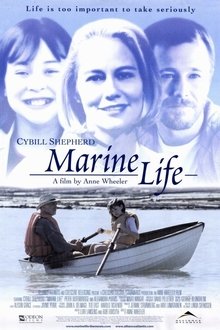
Marine Life (2000)
Marine Life revolves around the choatic family life of June, a middle-aged lounge singer and mother. Aging and twice divorced, lounge singer June Nordstrom tries to cope with her fading beauty, her troubled offspring, her waning career and her young lover, who begins seeing a woman his age behind June's back.

Criança, a Alma do Negócio (2008)
Filmmaker Estela Renner analyzes the effects that mass media and advertising have on children, showing how the industry discovered that they are the best targets for selling products. In addition to listening to them, the film talks to parents who report how influential their children are at home and how this is directly linked to advertisements, and experts debate the negative effects of this exposure.

Lost in Translation (2003)
Two lost souls visiting Tokyo -- the young, neglected wife of a photographer and a washed-up movie star shooting a TV commercial -- find an odd solace and pensive freedom to be real in each other's company, away from their lives in America.

Wilbur Wants to Kill Himself (2002)
The strange comedy film of two close brothers; one, Wilbur, who wants to kill himself, and the other, Harbour, who tries to prevent this. When their father dies leaving them his bookstore they meet a woman who makes their lives a bit better yet with a bit more trouble as well.
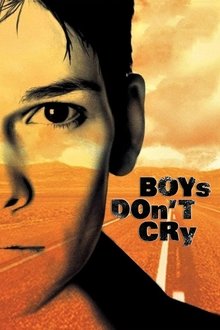
Boys Don't Cry (1999)
A young transgender man explores his gender identity and searches for love in rural Nebraska.
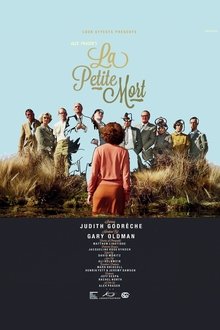
La Petite Mort (2013)
A woman experiences the boundaries of her body as she contemplates life, death and love.
